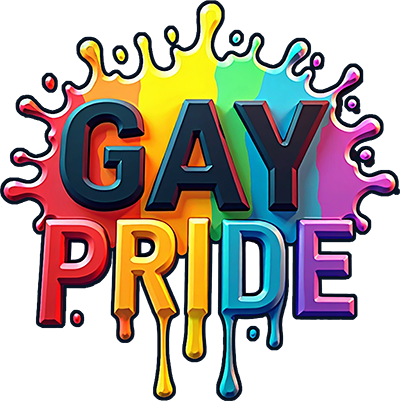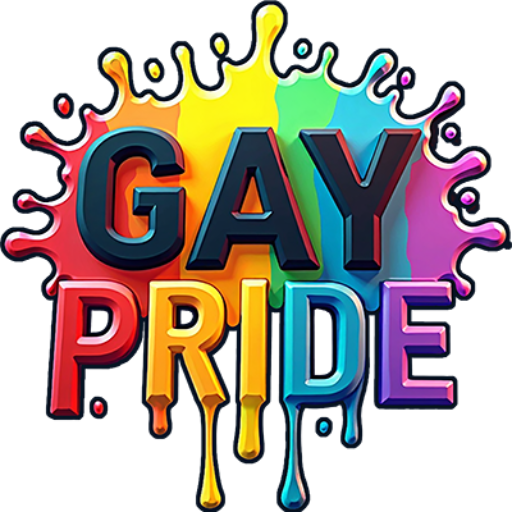The Role of Sports in LGBTQ Visibility
Sports have always been more than just games; they are a reflection of our culture and society. Over the years, sports have played a significant role in promoting diversity and inclusivity, particularly for the LGBTQ community. With athletes coming out and advocating for LGBTQ rights, sports are becoming a powerful platform for visibility and acceptance. 🌈
Table of Contents
1. Introduction
2. Athletes Coming Out: Breaking Barriers
3. Media and LGBTQ Representation in Sports
4. Sports Organizations and Inclusive Policies
5. Impact on Society
6. Challenges and Roadblocks
7. Conclusion
8. FAQs
Introduction
The intersection of sports and LGBTQ visibility is a testament to how far we’ve come as a society, yet it also highlights the journey still ahead. As athletes step into the spotlight, they bring with them personal stories of courage, identity, and authenticity. This visibility is crucial for fostering understanding and acceptance, both within the sporting world and beyond.
Athletes Coming Out: Breaking Barriers
One of the most significant impacts of sports on LGBTQ visibility is through athletes who bravely come out, challenging stereotypes and paving the way for others. Icons like Billie Jean King, who has been a trailblazer for decades, and more recent figures like Megan Rapinoe and Gus Kenworthy, have used their platforms to advocate for equality and inclusion.
The decision for athletes to come out can be daunting, given the public scrutiny and potential backlash. However, their courage inspires countless others and sends a powerful message that being true to oneself is not just accepted but celebrated.
Media and LGBTQ Representation in Sports
The media plays a crucial role in shaping public perception. Positive portrayal of LGBTQ athletes in sports media helps normalize diverse sexual orientations and gender identities. Coverage of LGBTQ athletes in major sporting events like the Olympics and World Cup has increased visibility and fostered a broader conversation about inclusivity.
Moreover, documentaries and films about LGBTQ athletes, such as “Out to Win” and “The Out List,” offer deeper insights into their personal journeys, further amplifying their voices and experiences.
Sports Organizations and Inclusive Policies
Progressive policies by sports organizations are fundamental in creating inclusive environments. The International Olympic Committee, for example, has made strides in ensuring that LGBTQ athletes are respected and protected. Similarly, professional leagues like the NFL and NBA have implemented policies to support LGBTQ players and staff.
These policies often include anti-discrimination measures, training programs, and support networks, all aimed at fostering a more inclusive sporting community. Such initiatives are vital in setting a standard for equality and respect across all levels of sport.
Impact on Society
The visibility of LGBTQ athletes has a profound impact on society. It challenges preconceived notions and stereotypes, promoting a culture of acceptance and equality. Young LGBTQ individuals gain role models and are reassured that their identities are valid and respected.
Furthermore, the inclusion of LGBTQ athletes in mainstream sports helps to normalize diverse identities, encouraging open dialogues and reducing discrimination and prejudice in broader society.
Challenges and Roadblocks
Despite the progress, there are still significant challenges that LGBTQ athletes face. Discrimination, homophobia, and transphobia remain prevalent in some sports environments. Many athletes still encounter barriers when it comes to acceptance, and some sports organizations lag in implementing inclusive policies.
Addressing these issues requires a committed effort from everyone involved in the sports ecosystem, from athletes and coaches to fans and media. Education and advocacy are key components in overcoming these hurdles and ensuring a safe and inclusive environment for all.
Conclusion
Sports have the power to transcend cultural and social barriers, making them a vital platform for promoting LGBTQ visibility and acceptance. While progress has been made, the journey continues. Through continued advocacy, inclusive policies, and the bravery of LGBTQ athletes, we can create a sporting world that truly celebrates diversity. 🏳️🌈
FAQs
Q: Why is LGBTQ visibility important in sports?
A: LGBTQ visibility in sports is crucial because it promotes acceptance, challenges stereotypes, and provides role models for LGBTQ youth.
Q: What role do sports organizations play in promoting LGBTQ inclusion?
A: Sports organizations can implement policies and programs that support LGBTQ athletes, ensuring an inclusive and respectful environment.
Q: How can fans support LGBTQ athletes?
A: Fans can support LGBTQ athletes by advocating for inclusive practices, speaking out against discrimination, and celebrating diversity within sports.
Embracing diversity in sports not only enriches the games we love but also cultivates a culture of acceptance and equality for all. Let’s continue to support and uplift LGBTQ athletes as they lead the way toward a more inclusive future. ⚽🏀🏈

